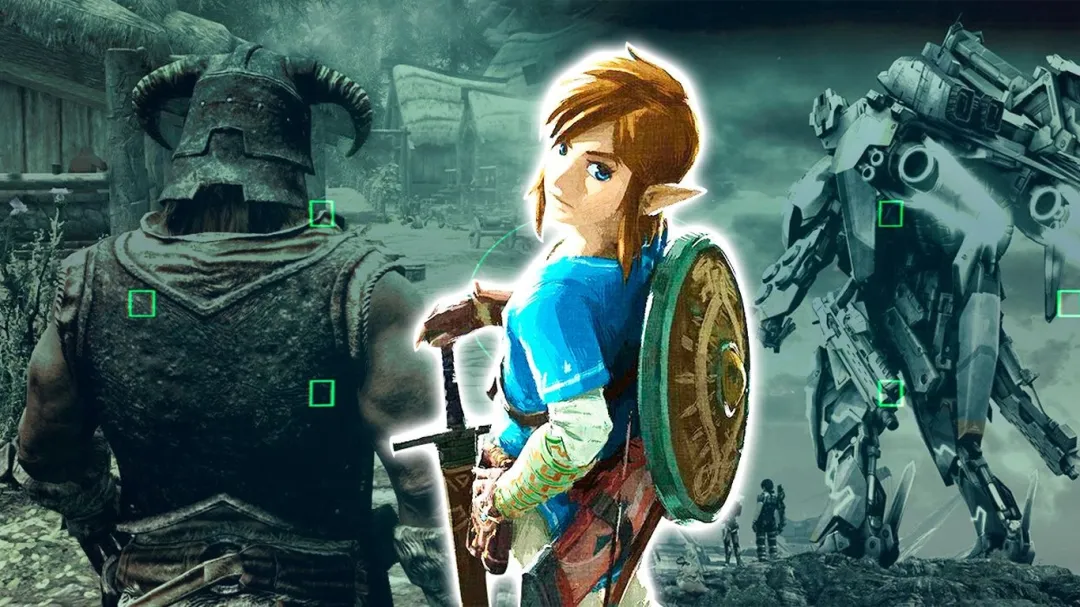Too Many Worlds, Not Enough Games?

The growing deluge of open-world games has raised red flags among both gamers and industry analysts. From New York to Tokyo, players are inundated with expansive virtual landscapes, yet the excitement these games once promised is showing signs of weariness.
Leading the charge is the massively popular title Assassin’s Creed Shadows, which epitomizes the vast, open-world experience that many gamers have come to both admire and question. Its success is undeniable, but it is emblematic of a broader issue within the gaming industry: the genre is bursting at the seams.
Researchers and developers alike have noted that the prevalence of open-world formats is contributing to a dilution in game quality. When every game seems obliged to offer a sprawling universe, innovation and creativity can suffer. The result is a plethora of games that, while large in scale, are increasingly criticized for lacking depth and originality.
As the gaming community examines these trends, there emerges a call for more variety and imagination in game design. The overwhelming presence of open-world environments is not just a challenge of market saturation; it symbolizes a potential crisis of imagination, where vastness is mistaken for value.
Moving forward, the industry faces a critical decision: whether to continue down the path of ever-expanding worlds or to pivot towards more varied and inventive gameplay experiences. The resolution will undoubtedly shape the future landscape of gaming.






